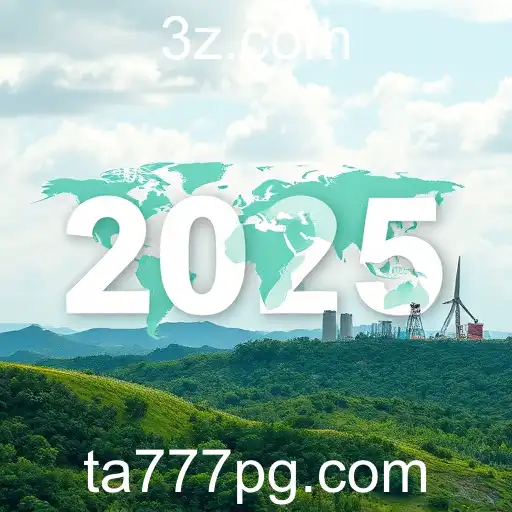
An analysis of how global economic challenges in 2025, influenced by climate change, technological advancements, and the energy crisis, are shaping international dynamics.
The year 2025 has been marked by significant challenges in the global economic landscape, with climate change, technological advancements, and an energy crisis at the forefront. As countries around the world grapple with the effects of these issues, the international community is forced to navigate a complex web of economic, social, and political dynamics.
Climate change remains a paramount concern, with policymakers urging for more aggressive action in reducing carbon emissions. Companies are investing in green technology to promote sustainable business practices while governments across the globe pledge more substantial financial resources to tackle the climate crisis. Economic strategies are now overtly linked to sustainability, as countries recognize the long-term impacts of environmental degradation on their wealth.
In contrast, technological advancements are both a boon and a bane. While innovations in AI and automation have driven efficiencies, they have also stoked fears of job displacement. In response, nations are investing in education and reskilling programs to prepare their workforce for this digital transformation. The divide between technologically advanced countries and those lagging behind is widening, prompting international calls for cooperative strategies to bridge the digital gap.
Simultaneously, the energy crisis continues to strain global relations. As countries transition to sustainable energy sources, the fossil fuel-dependent regions are experiencing economic turmoil. The Middle East, in particular, faces accelerated efforts to diversify economies traditionally reliant on oil exports. The shift toward renewables poses both challenges and opportunities, with collaboration necessary to ensure global energy security.
Additionally, the interconnected nature of these challenges emphasizes the need for a unified global approach. International bodies like the United Nations and the World Bank are working tirelessly to foster cooperation among nations. However, political tensions remain a barrier, often exacerbated by differing national interests.
As the world navigates through 2025, the push for comprehensive strategic frameworks becomes essential. Nations must balance immediate economic growth with sustainable development goals, ensuring that technological advancement, environmental protection, and energy stability are part of a cohesive global narrative.




